What happens after the spotlight is directed towards another target? In the case of Liverpool and the Merseybeat boom – which, in terms of chart success, peaked in 1963 – the question is addressed by Liverpool Sunset: The City After Merseybeat 1964–1969. The city’s musicians carried on, despite record labels looking elsewhere for the next big thing, and despite the Liverpool tag no longer ensuring an automatic interest.
The final (identifiably) Merseybeat bands to debut on the charts were The Escorts, with “The One to Cry” in July 1964, The Undertakers, with “Just a Little Bit" in April 1964, and The Mojos, with “Everything’s Alright” in March 1964. None of these were debut singles, but that was it for burgeoning Merseybeat contenders and the Top 50. However, it wasn’t the last gasp it seemed to be – as is clear from Liverpool Sunset. The city continued yielding new bands and records as great as anything else in the charts by other British bands. But the carnival was over. Another Beatles was not going to be found. Or even a Searchers or Gerry and the Pacemakers.
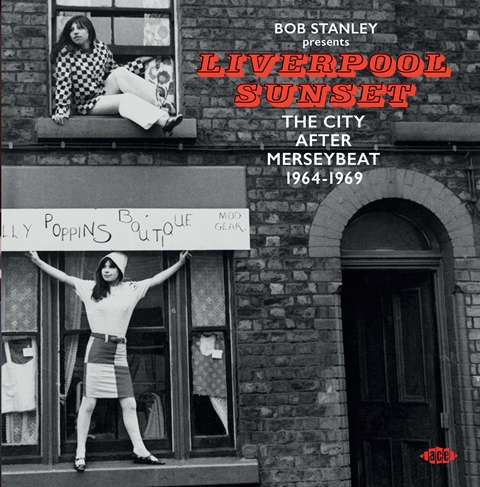 The 24-track collection’s title is taken from what Ray Davies initially had in mind for The Kinks’ “Waterloo Sunset.” “Originally I was going to call it 'Liverpool Sunset',” he told the music weekly NME in May 1967. “But The Beatles came up with 'Penny Lane' and so that was the end of that.” Had the song been “Liverpool Sunset,” it could have been an elegy for the Liverpool which had provided the Merseybeat template so carefully cleaved to by The Kinks’ first single, February 1964’s “Long Tall Sally.”
The 24-track collection’s title is taken from what Ray Davies initially had in mind for The Kinks’ “Waterloo Sunset.” “Originally I was going to call it 'Liverpool Sunset',” he told the music weekly NME in May 1967. “But The Beatles came up with 'Penny Lane' and so that was the end of that.” Had the song been “Liverpool Sunset,” it could have been an elegy for the Liverpool which had provided the Merseybeat template so carefully cleaved to by The Kinks’ first single, February 1964’s “Long Tall Sally.”
Compiled and annotated by author and Saint Etienne band member Bob Stanley, Liverpool Sunset – with its brilliant cover photo – opens with “It’s a Crime,” a sharp-edged September 1966 single by The Kirkbys, the only one they issued in the UK. Two more had already been issued in Finland. Arresting mod-beat with a “Paperback Writer” feel, it barely sold. Next up, “Find Out What's Happening” by Tiffany with The Thoughts. Released in April 1966, it’s another infectious belter. Again, it hardly sold. These weren’t weak records. The opposite. Yet they got lost. Whether the Liverpool origin of the name on the label counted against The Kirkbys and Tiffany and co at this point is impossible to determine. Pop music likes the shiny and new, and being from somewhere which wasn’t as happening as it was could have limited the potential to achieve traction. More likely, both singles were poorly promoted irrespective of their Liverpool connection.
The sink-or-swim syndrome also applied to acts which had hit big when Merseybeat broke through. As the hits became fewer and fewer, it became impossible to reclaim the early glory. “We're Doing Fine” by Billy J Kramer with The Dakotas is a cool fusion of uptown soul and mod-pop along the lines of The Action issued on February 1966. Tremendous, but not a hit. The Simon and Garfunkel-esque “Summer Comes Sunday” by The Swinging Blue Jeans was recorded in early 1969 as a potential single. It was never released, and first appeared on a 1992 archive collection. It didn’t matter what they did. "Hippy, Hippy Shake" was a distant memory, and The Swinging Blue Jeans' time had passed.
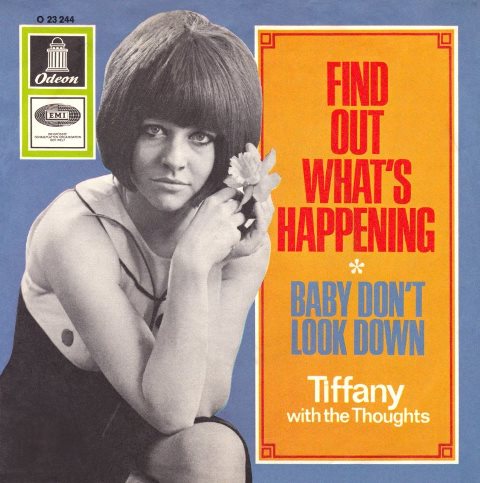 Sometimes, a name change was made in an attempt to score a line between now and then. Success might just come if there was no obvious link with what came earlier. The Kirkbys morphed into The 23rd Turnoff, whose September 1967 single “Michael Angelo” was pop psychedelia of the highest order. The Kirkbys had drawn little attention, and whatever the rebrand it was still the same. In 1969, the post-Merseybeats duo The Merseys became Crackers. Their stellar moment was “It Happens All the Time,” a January 1969 B-side intriguingly positing them as a garage-band version of The Left Banke. There was no chance this would attract interest. Then, there were musical shifts so outré they couldn’t be accommodated within a standard release schedule. Cilla Black’s peculiar but amazing “Abyssinian Secret” leaked into the marketplace via a September 1968 EP, issued when the format was all-but over with.
Sometimes, a name change was made in an attempt to score a line between now and then. Success might just come if there was no obvious link with what came earlier. The Kirkbys morphed into The 23rd Turnoff, whose September 1967 single “Michael Angelo” was pop psychedelia of the highest order. The Kirkbys had drawn little attention, and whatever the rebrand it was still the same. In 1969, the post-Merseybeats duo The Merseys became Crackers. Their stellar moment was “It Happens All the Time,” a January 1969 B-side intriguingly positing them as a garage-band version of The Left Banke. There was no chance this would attract interest. Then, there were musical shifts so outré they couldn’t be accommodated within a standard release schedule. Cilla Black’s peculiar but amazing “Abyssinian Secret” leaked into the marketplace via a September 1968 EP, issued when the format was all-but over with.
It took a while, but Liverpool began reasserting itself in 1975 when Deaf School emerged. At the same time, some of those who were integral to the Merseybeat boom were resurfacing. Liverpool Express, who formed in 1975, charted the next year with "You Are my Love." A core member was Billy Kinsley, who had been in The Merseybeats and The Merseys. Before this, in 1971, Kinsley had formed Rockin' Horse with Kirkbys and 23rd Turnoff veteran Jimmy Campbell. The band’s debut single "Biggest Gossip in Town" had an unexpected afterlife: it was reissued in 1979, after it was discovered that it stylistically dovetailed with the powerpop end of new wave. What had developed in the Sixties and then side-lined wasn’t obsolete. This was further confirmed in 1979 when The Searchers signed with Sire Records. The two albums they subsequently released may as well have been by a new wave band from the period. By this time, Echo & the Bunnymen, Teardrop Explodes and their contemporaries were fashioning a new Merseybeat.
As the illuminating, wonderful Liverpool Sunset: The City After Merseybeat 1964–1969 confirms, the city didn’t musically fizzle out as the first Merseybeat bloom faded. There was no actual Liverpool sunset, more a forced withdrawal from the frontline.
- Next week: Norma Tanega’s I Don't Think It Will Hurt If You Smile
- More reissue reviews on theartsdesk
- Kieron Tyler’s website

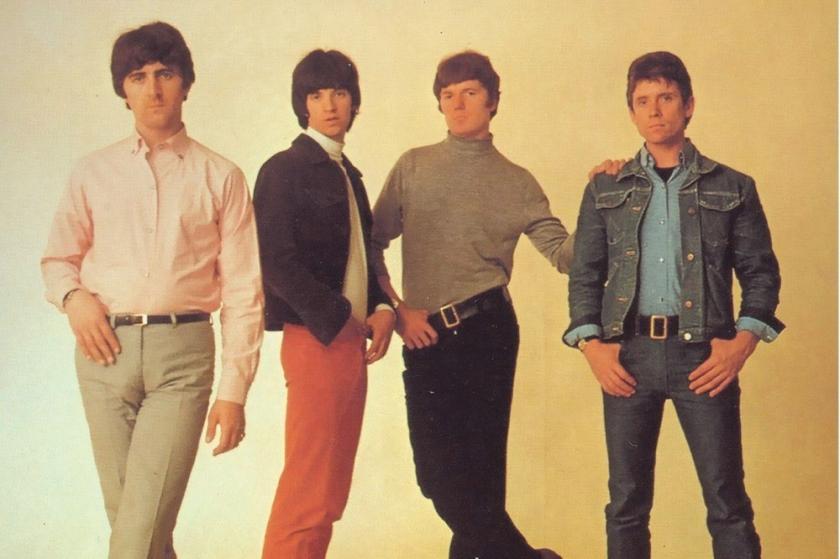






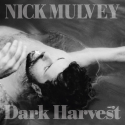



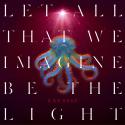
Add comment